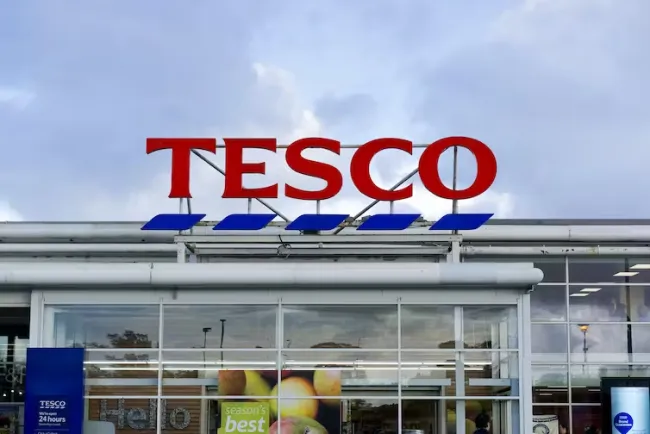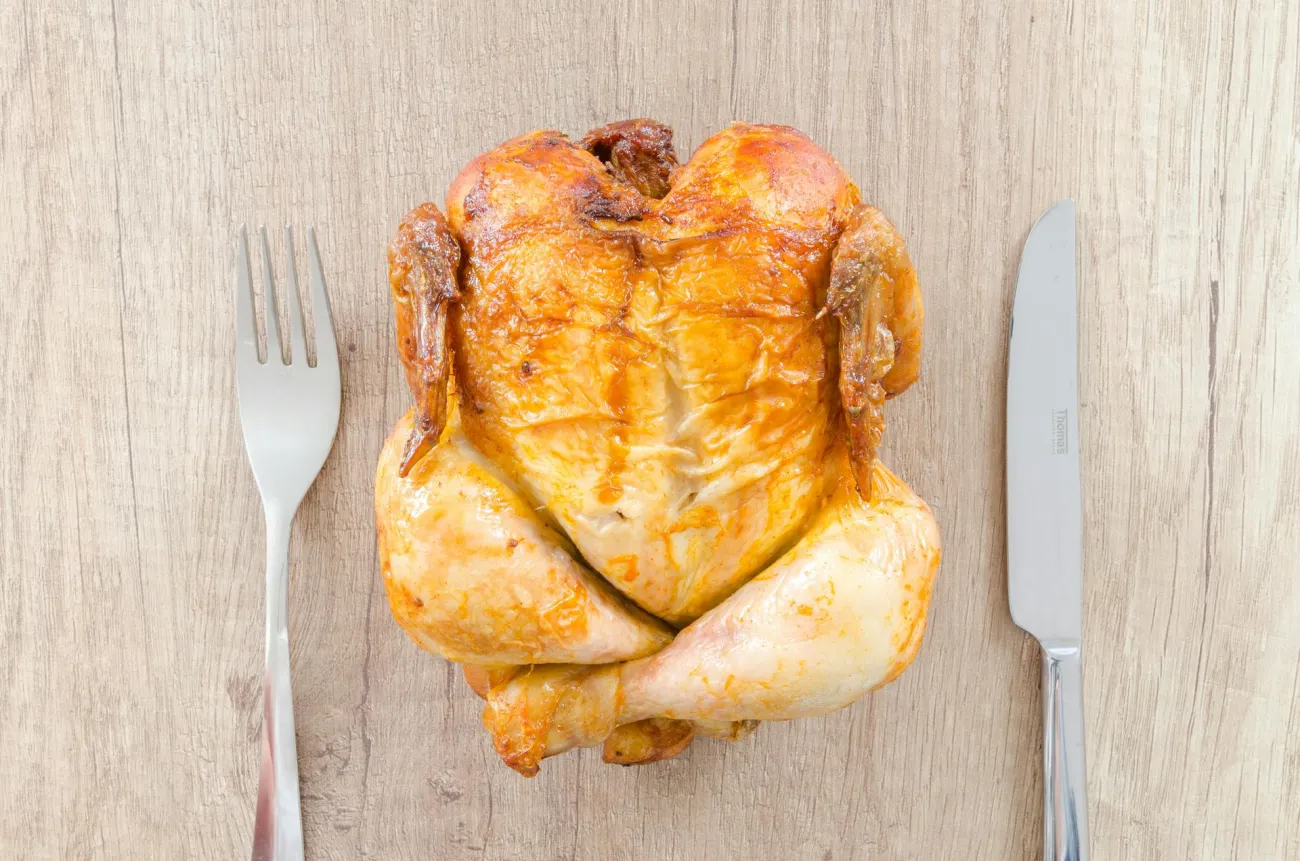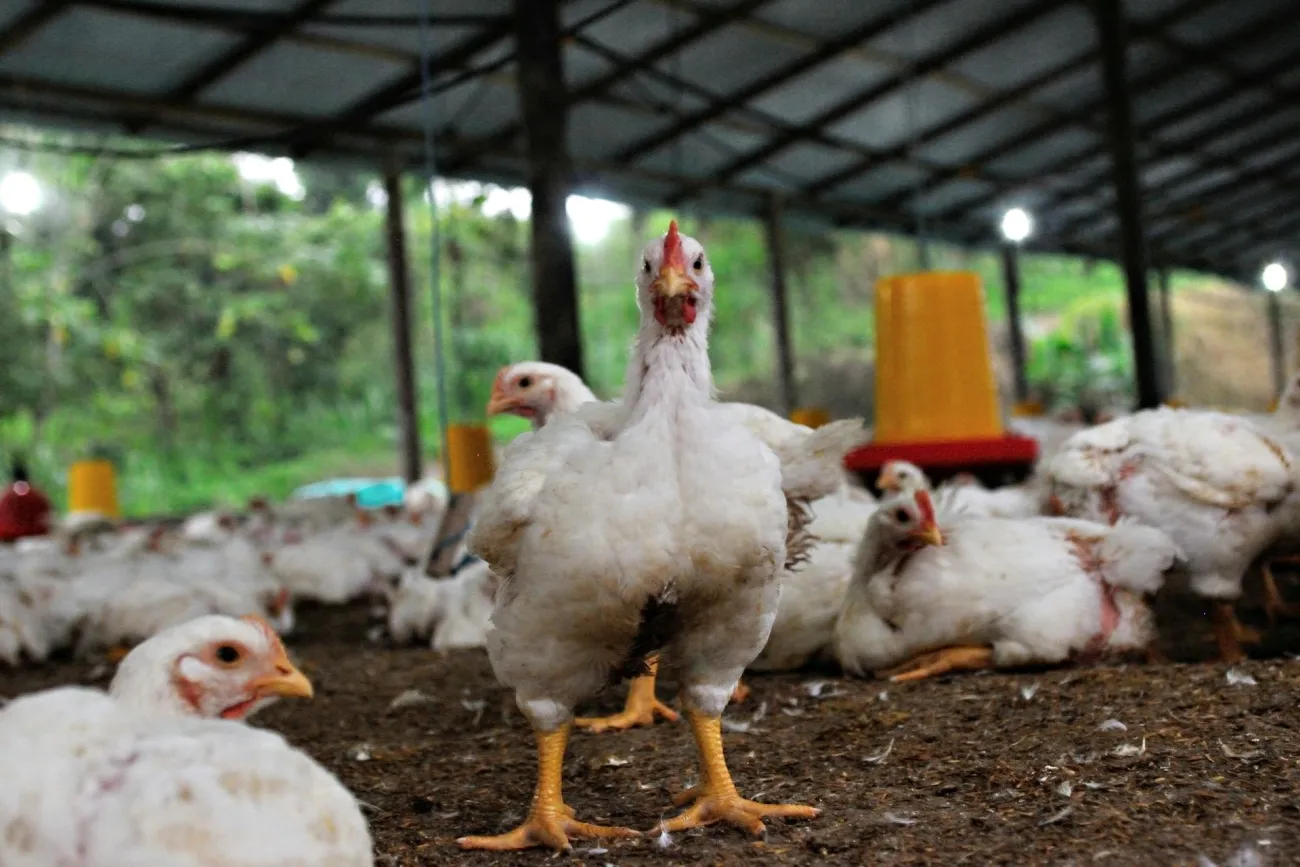Given the huge impact that the food system has on climate change, the food industry is coming under increasing pressure from investors, politicians, environmental groups and consumers to clean up their operations and set out strong net zero targets. However this is exerting downward pressure on farmers who are being forced to comply with large industry players' demands or risk losing their contracts.

Increasingly, the practice of large companies offsetting their emissions through carbon credits is coming under scrutiny, due to issues with the credibility of carbon markets and because of accusations of greenwashing. This is leading to food industry players shifting focus to decarbonising their supply chain. Many small scale farmers are now finding themselves forced to comply with measures set out by their companies, including changes to grazing land or the installation of digesters. However, these can often be very expensive or risky practices for small scale farmers. Simultaneously, farmers lose their ability to use practices that result in potentially substantial (although harder to quantify) reductions in emissions, for example selective breeding for greater feed efficiency. According to a UK government report, this breeding strategy has the potential to reduce beef-related greenhouse gas emissions by 27% in the next 20 years. However, research suggests that these practices won't be implemented if they aren’t paid for by beef processors.
A fair transition to net zero will require all actors in the system to have a fair opportunity to determine how decarbonisation is achieved. Farmers have in-depth knowledge of their land, crops and animals and understand which business practices are sensible and which carry too much risk for them. But the capacity of farmers to measure, report and verify on-farm emissions must be improved. The current state of carbon accounting on farms is confused, with dozens of different tools, requirements and scopes discouraging farmers from taking actions to take action. On-farm carbon accounting practices need to be standardised and more needs to be done to educate and incentivise farmers. Arla Foods, the dairy cooperative, provides farmers with £0.03 per kg for engaging in sustainability activities and £0.01 per kg for submitting emissions data using the firm’s carbon accounting tool. More initiatives like this are needed across the industry to gather emission data from farms and incentivise change. In order to decarbonise the food system fairly, action must be practical and measurable and offer the right incentives, not only to companies, but also to farmers.
Find more here and more information on a fair transition for farmers here




Comments (0)